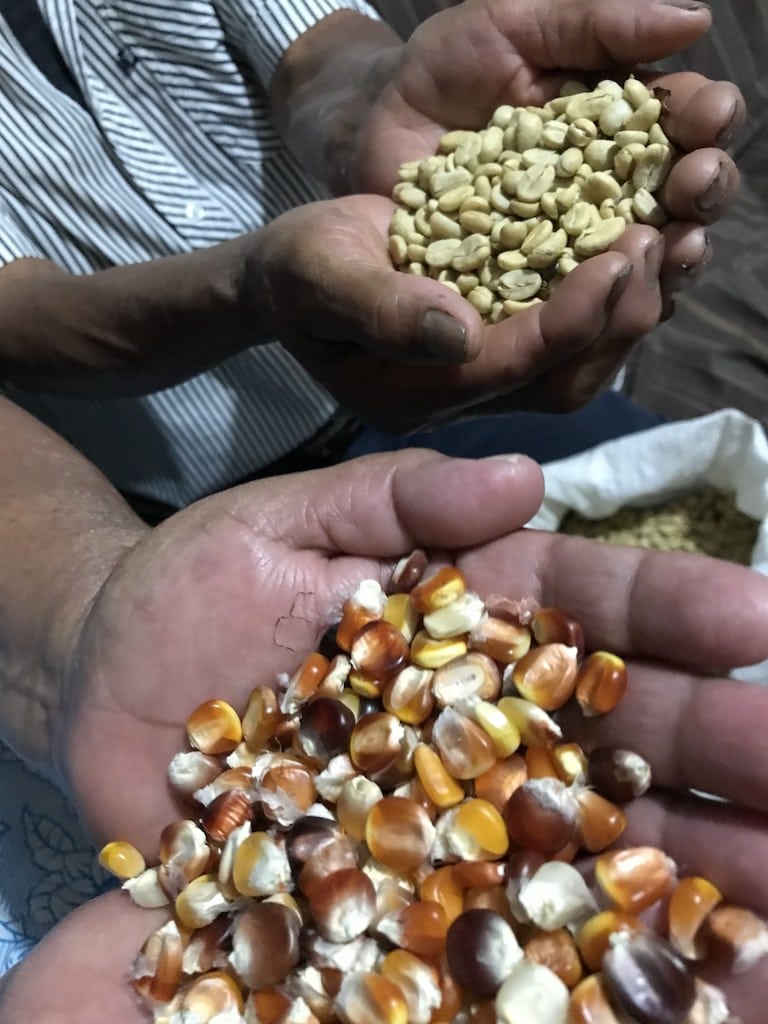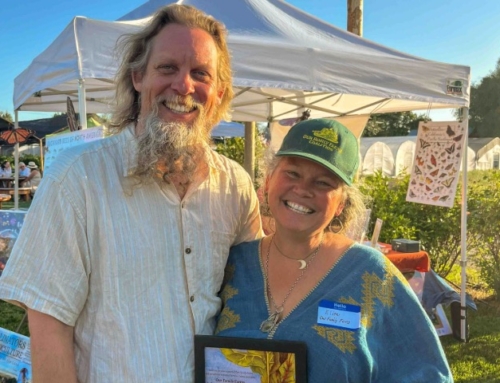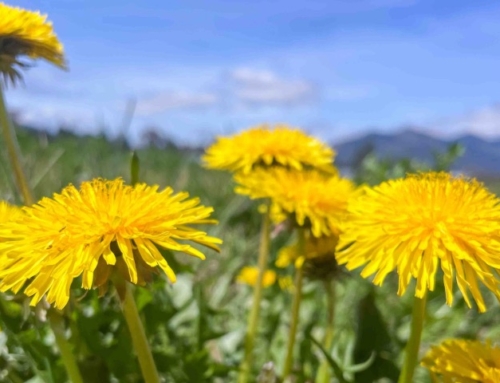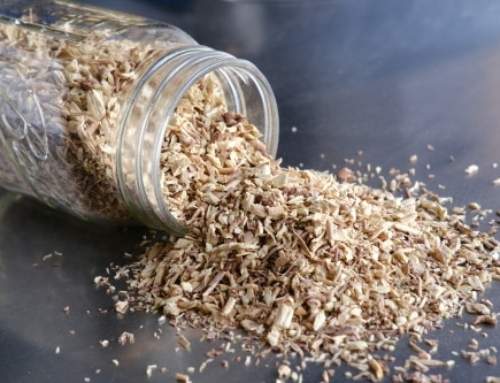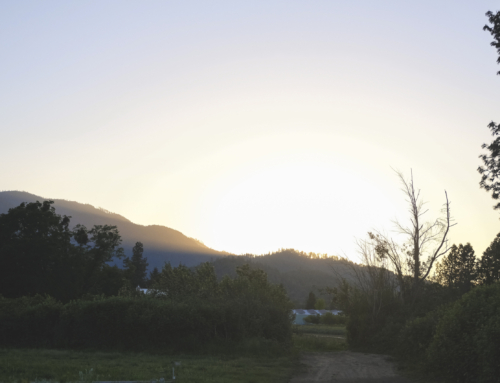Corn and Coffee – two of the most important crops for the Indigenous people of Rincon de la Sierra, Mexico
This winter Farmer Elise and Farmer Jeff got some much needed time off the farm and enjoyed two weeks in Oaxaca, Mexico. Of course, farmers always have a way of seeking out other farmers… Jaymie, our farmer friend, got us connected to Oaxaca City. Jaymie had moved from Southern Oregon to Oaxaca and has found paradise among the Zapotec. She introduced us to her farming community of coffee growers. One thing led to another, and now we are selling Oxacan coffee on our website!
Purchase Oaxacan Coffee
The Indigenous Zapotec People of the Sierra Juarez de la Oaxaca (wah-ha-kah) enjoy a rich-coffee producing heritage while maintaining forest biodiversity and continuing their corn-cultivation and seed-saving practices. Rooted in an adherence to nature’s rhythm and connected by ancestral languages and traditions, ethno-botanical diversity has thrived in the heart of Mesoamerica for millennia.
Coffee was introduced to Mexico in the 1700s. Zapotec cafeteros grow coffee using intercropping and soil nutrient building methods developed by their ancestors for Maize (corn). This isn’t a casual-relationship between the Zapotec People and the land. Coffee is one of Mexico’s most lucrative exports. Close to half a million small family farms rely on it as a “cash-crop.” Other parts of Mexico and the world have sacrificed precious forest for profit. This means clearing out the native trees and creating a coffee-monoculture. This results in a need for chemical inputs, which has a devastating ripple effect on the land and its inhabitants, and of course the quality of the coffee.
However, in the Sierra Juarez, there is a spirit of cooperation and a commitment to soil protection and biodiversity intrinsic to their story that cannot be commodified. Coffee is grown in a traditional poly-culture forest canopy. This means a tri-level canopy of native trees that are intercropped with fruit trees that provide food, habitat for birds, pollinators, beneficial insects, and other wildlife. Coffee beans mature slowly in the shade allowing for a full, rich flavor to develop.
Cafeteros (coffee growers) travel by foot from the village to the cafetal (coffee plantation). The finest plump beans are hand-harvested and transported to the village in 50 lb bags on the cafeteros’ backs, or the occasional burro. The pulp is removed from the beans and returned to the cafetal as nutrient rich compost.
Zapotec cafeteros seek a fair price on their coffee to be able to provide a life for their families and opportunities for their children to raise families of their own in the village.
Zapotec Elders understand their crucial role in maintaining soil fertility as the keystone to the health of the community. They are also aware of the rapidly changing world outside the Zapotec bubble. As is the case for family farmers globally, the next generation is leaving this traditional life on the land in search of better financial opportunities. The cafeteros have been pressured to use less labor-intensive practices such as chemical inputs to adjust for the labor loss and try to increase profits. Rather than cave to this pressure, Zapotec cafeteros seek a fair price on their coffee to be able to provide a life for their families and opportunities for their children to raise families of their own in the village.
The big coffee conglomerates who have historically purchased coffee from these talented growers have not been receptive to the need to ensure the farmers are paid a viable wage. We decided to do our part to help these experienced growers get a chance to sell their coffee direct to consumer by offering their amazing coffee to our customers on their behalf.
It is an honor to support these amazing farmers in Oaxaca. Know that with each sip of this coffee you are supporting a traditional community of indigenous farmers, and helping to sustain a cultural way of life that is disappearing too fast: so drink up and let’s help them out.
Purchase Oaxacan Coffee
